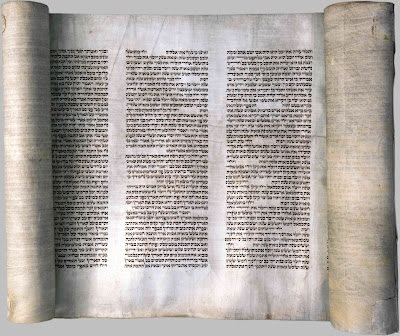Already, by the time that Anselm died in 1109, Latin Christendom had been set upon a course so distinctive that what today we term "the West" is less its heir than its continuation. Certainly, to dream of a world transformed by a reformation, or an enlightenment, or a revolution is nothing exclusively modern. Rather, it is to dream as medieval visionaries dreamed: to dream in the manner of a Christian.
[...]
This book explores what it was that made Christianity so subversive and disruptive; how completely it came to saturate the mindset of Latin Christendom; and why, in a West that is often doubtful of religion's claims, so many of its instincts remain—for good and ill— thoroughly Christian.
It is — to coin a phrase — the greatest story ever told.
Tom Holland, Dominion: The Making of the Western Mind
I was given this several years ago and am just now getting around to it. I had been reading a philosophy series where I enjoyed the author's even handedness when it came to various religions. Then he got to the exploration of the New World, slavery, and colonialism and cracks began to show in his veneer — specifically about issues our modern world has ruled upon, without giving proper context to how it would have been viewed. It kind of broke my heart a little to hear how half-heartedly that context was being given.
So, I turned to Tom Holland who has turned out to be much more even-handed. When he talks about Catholic or Protestant events, he really isn't judging for better or worse. He is examining how their actions affected the Western world at large. He also is very good at showing how they thought about things without bringing any modern commentary.
So far, halfway through, this has been one of the fairest books toward Christianity that I've read. Having read a number of Catholic histories I know a lot of the saints and their contributions to church doctrine and historical developments in the West. <i>However</i> Holland comes at these from different angles that show me new things altogether.
For example, I know that the Church has respected women, marriage, and the family since the beginning. However, I didn't realize Catherine of Siena's strong influence on bringing it to public consciousness. I've always seen her lauded for her influence on the popes of the time. That does get mentioned but not as a main feature. This is a refreshingly different angle against which to view what I already know.








